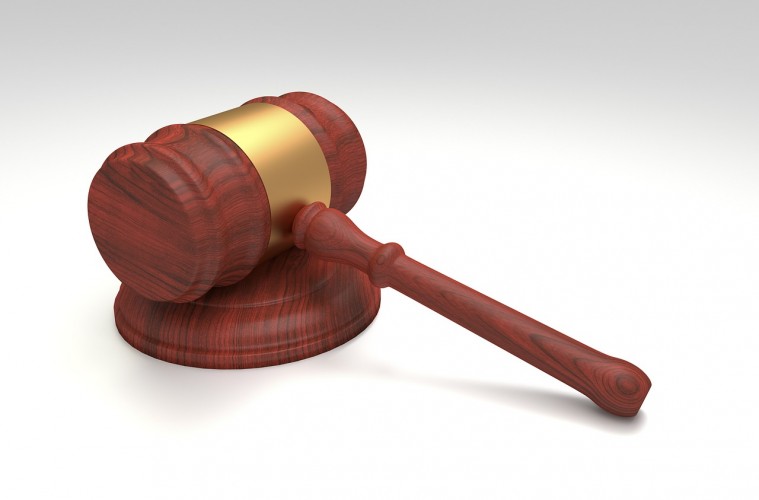Although as compared to trials, arbitration is generally considered to be a less formal adjudicatory process, evidence plays a big role in the arbitration process. Below is a short description of some of the most commonly used terms relating to the use of evidence.
Best evidence is primary evidence, usually in the form of a writing, rather than secondary evidence or copies.
Circumstantial evidence involves facts that, when taken together, establish another fact by the circumstances and inferences drawn from the factual connections.
Cumulative evidence involves the repetitive presentation of testimony about the same matter.
Leading questions sometimes are used for preliminary matters on direct examination but most commonly are used on cross-examination.
Direct evidence is offered as proof of a fact without relying on any inference or presumption.
Documentary evidence is a writing or document offered as proof.
Expert witnesses with specialized knowledge, training, or experience generally are permitted to testify on the basis of their opinions.
Foundation refers to the preliminary facts required to demonstrate the authenticity of a document or the circumstances of testimonial recollections.
Hearsay evidence is a statement made outside of the arbitration hearing by a person other than the witness who is testifying. It is offered for the truth of the matter contained in the statement. At times, a hearsay statement may include silence as well as conduct. The hearsay rule is subject to many exceptions, such as those for business records and admissions by a party.
Materiality, which is closely related to relevance, concerns the degree of importance to the matter in dispute.
Opinion evidence involves the belief or impression of a witness about facts in a case.
Opinion testimony is in contrast to matters that are known personally to a witness through the physical senses, such as sight, smell, or hearing.
Objections to evidence are made by an advocate who takes issue with a line of questioning or the introduction of other evidentiary material into the evidentiary record of the hearing. Typical objections are that the testimony is irrelevant, speculative, or hearsay.
Parol evidence describes a verbal discussion or agreement that sheds light on the interpretation of a written agreement.
Relevant evidence tends to prove or disprove facts in a case.



